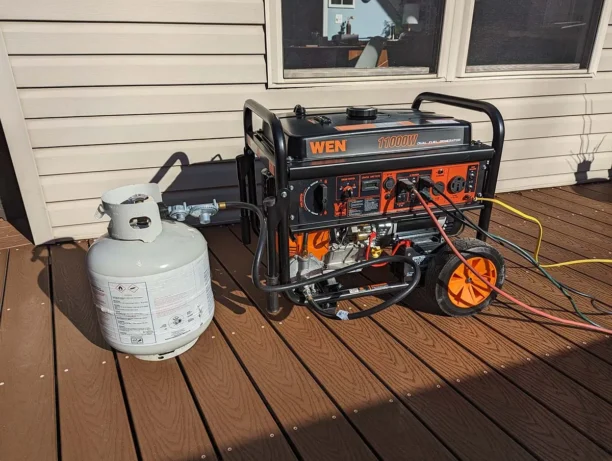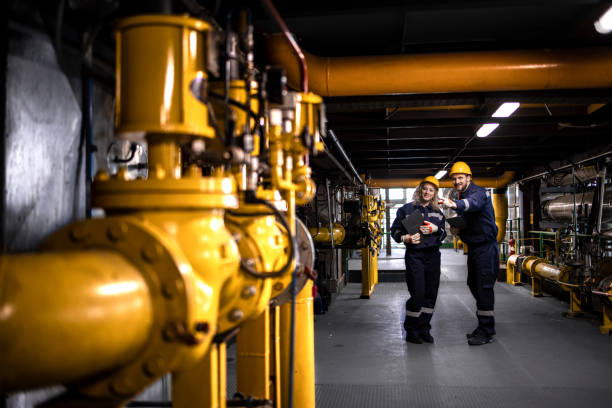Power Out? Customers Are Turning to This Reliable Solution
Power outages are becoming more common across the country. Whether it’s due to storms or grid failures, people are looking for reliable backup power they can trust. That’s where propane generators come in, and the demand for them is growing. If you’re in the propane retail sector, this increasing demand isn’t just a trend –… Continue reading Power Out? Customers Are Turning to This Reliable Solution



